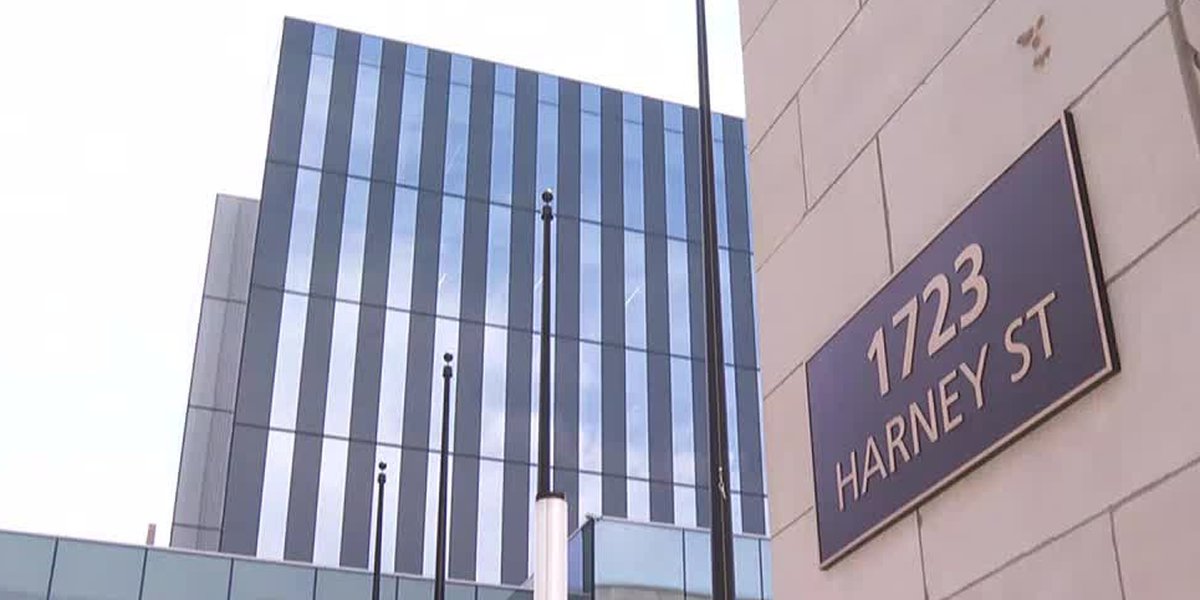
OMAHA, Neb. (WOWT) – It’s a problem not only in the Omaha metro but nationwide: Providing money for mental health concerns in the country’s youth.
The Douglas County Board of Commissioners recently received a grant from the U.S. DOJ’s Mental Health Program for nearly $550,000 to expand the county’s existing behavioral health initiative.
The grant will help in providing a clinical psychologist or assessment psychologist to conduct court-ordered evaluations and testing within one to two weeks. That process currently takes anywhere from two to three months.
The money will also help the county contract a school psychologist to administer academic testing to help kids succeed in school and identify educational needs.
Finally, the funds will be applied to find a part-time attorney from the education rights counsel to advocate for youth and their families in academic settings.
All of this aims to reduce recidivism among youthful offenders.
A 2020 study notes nearly 90 percent of those in Douglas County’s youth corrections system are people of color. Those who have worked in the community hope that fact is accounted for.
“If the grant money is not going to go directly to community providers who are culturally competent and have the experience and are already on the ground doing those services mainly for free in a way that defines best practices but gets better results, then I think it’s just a waste of finances, as we usually see in our county,” said Jaquala Yarbro, a race equity strategist. “I’m hoping that they turn over a new leaf and do something different that the conventional way that they’ve usually done things.”
“I deal with a lot of kids and when you say ‘Hey, you know I want you to see this therapist,’ there’s that stigma around it and it’s still there,” said Roscoe Wallace, who works in restorative justice practices. “Our kids see it even more, so it has to be fashioned in a way and in a language that our kids will understand it, and it’s not that same formula approach.”
The three-year grant may just be a financial drop in the bucket when addressing such a widespread issue, but there is hope that the money will be the spark that gets troubled children the help they need, keeping them out of the justice system.
In the application for the grant, the county’s goal is to serve 400 at-risk kids each year.
Copyright 2023 WOWT. All rights reserved.
